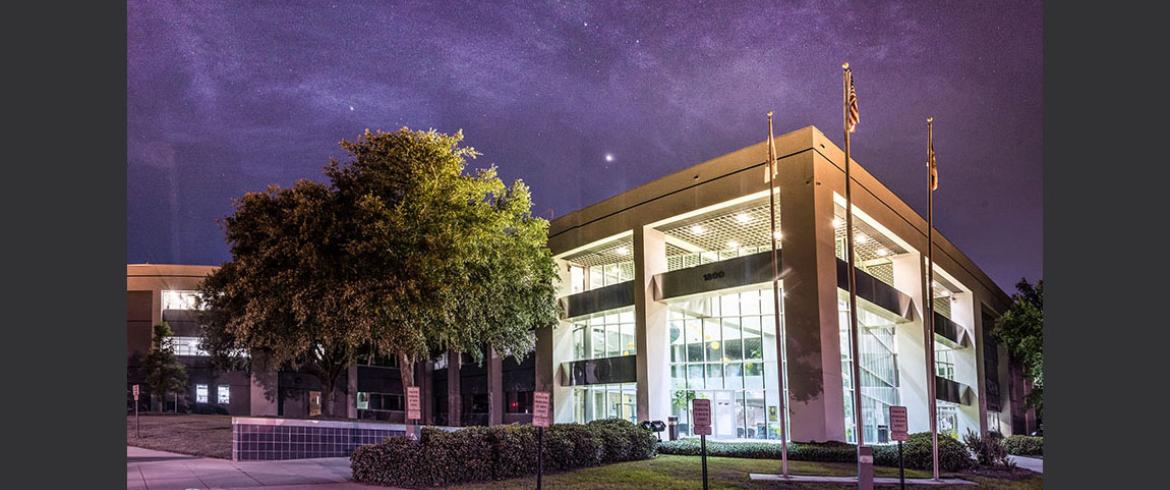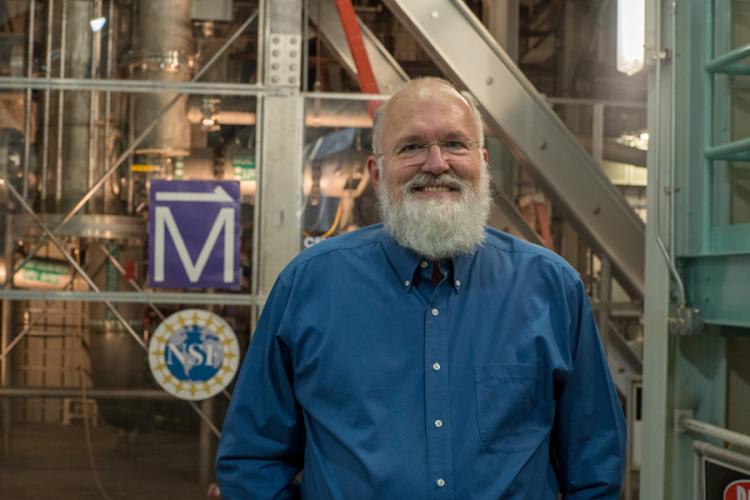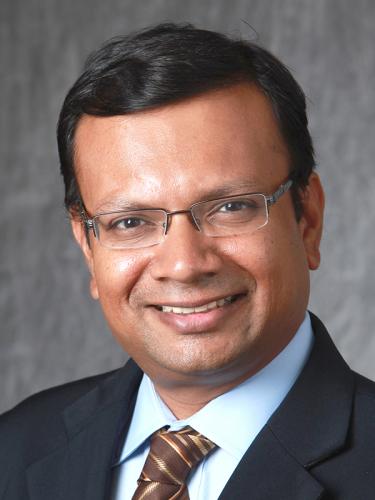
The National High Magnetic Field Laboratory has been headquartered at FSU for more than 25 years. (FSU)
After nearly 20 years as the head of the Florida State University-headquartered National High Magnetic Field Laboratory, Greg Boebinger is stepping down from his post to return to the faculty.
FSU is launching a national search to select his replacement.

“Greg Boebinger has had an extraordinary career with posts at Bell Laboratories, Los Alamos National Laboratory and ultimately FSU and the National MagLab,” said FSU Vice President for Research Stacey Patterson. “We are incredibly grateful for his leadership that has resulted in significant growth for the lab and positioned it as a global leader in magnet research and technology.”
With funding from the National Science Foundation and the State of Florida, the National MagLab includes facilities at Florida State University, the University of Florida and Los Alamos National Lab and hosts researchers from thousands of universities, labs and businesses from around the globe who use world-unique high field magnets, instrumentation and expertise to answer pressing science questions.
During Boebinger’s tenure as director, the MagLab has yielded more than 8,400 publications and contributed to more than 1,200 master’s or doctoral theses. The number of MagLab users — the scientists who come from around the country and world to use the MagLab’s powerful magnets for their experiments — has doubled since Boebinger began and recently topped more than 2,000 individual scientists in a single year.
The MagLab’s core funding grant—of which Boebinger is the principal investigator—has grown by 67 percent. That grant is supplemented by many more written by MagLab’s scientists and engineers.

As the director, he has overseen the design, development, and launch of many of the lab’s flagship instruments. They include a 25-tesla split-helix magnet that features four ports for unique optics experiments; a 36-tesla series-connected hybrid magnet that enables discoveries in biology, chemistry and physics and is the strongest nuclear magnetic resonance magnet in the world; and a 41.5-tesla magnet, the most powerful resistive magnet on the globe, which facilitates discoveries on the electronic properties of newly created materials. He closely followed the nail-biting live tweet of the lab’s 101-tesla pulsed magnet record in 2012 and has propelled the development of high-temperature superconducting materials that led to the launch of the lab’s 32-tesla all-superconducting magnet, a 2022 winner of the prestigious R&D100 award.
“It has been the highlight of my career to have led this laboratory,” Boebinger said. “Together with the talented and dedicated people who work here, we have accomplished so many technical and scientific milestones to make us the premier magnet laboratory worldwide.”
The university has named a 14-person search committee and retained Park Square Executive Search to facilitate the search for Boebinger’s replacement. FAMU-FSU College of Engineering Dean Suvranu De will chair the search.
“The MagLab Director is a key leadership position at Florida State University and at the MagLab’s partner sites at UF and Los Alamos National Laboratory,” Patterson said. “The successful candidate will support our ambitious goals in education, research, innovation, outreach and economic development.”
The search committee will meet for the first time on Thursday, April 13.
